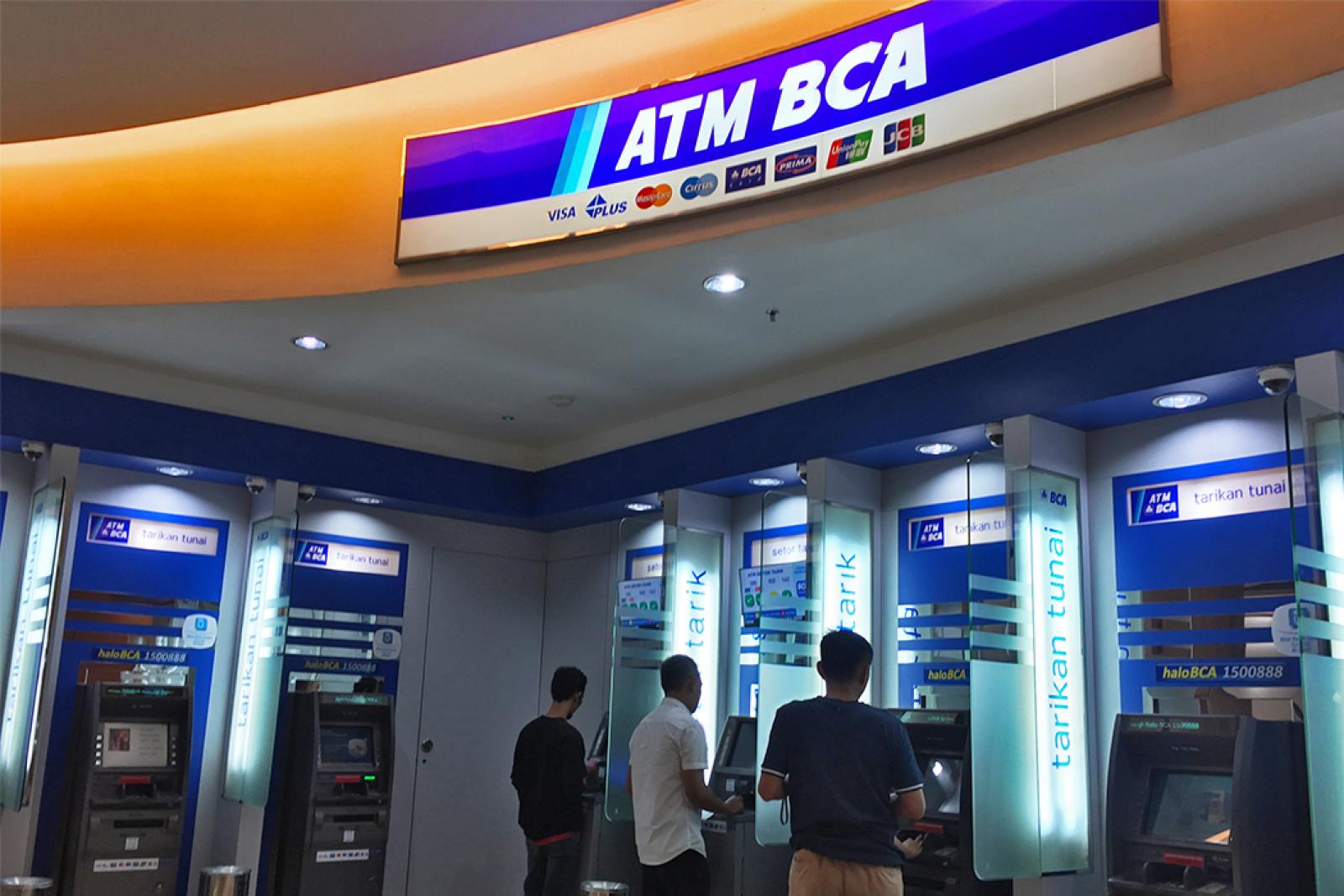Over $100 Million Lost to Bitcoin ATMs Scam, Victims Mostly Older People
The rise in Bitcoin ATM shutdowns is part of a broader effort by law enforcement and regulatory bodies to clamp down on financial crimes facilitated through these machines.
In Chico, California, a local government committee is taking steps to regulate Bitcoin ATMs more rigorously, with proposals to treat these machines similarly to banks.
The United States Federal Trade Commission (FTC) has reported a staggering tenfold increase in scams involving Bitcoin ATMs since 2020, particularly because most of them are stationed there.
These scams exploit the anonymity and speed of cryptocurrency transactions, allowing fraudsters to deceive individuals into transferring their money through Bitcoin ATMs under false pretenses.
In 2023 alone, losses from such scams exceeded $110 million, with seniors aged 60 and older being three times more likely to be targeted.
A recent report also showed that scammers are increasingly exploiting crypto ATMs and kiosks to defraud victims, as seen in a recent case involving a woman from Troy, Michigan, who lost nearly $5,000.
The scam began with an email claiming an accidental overpayment. The victim then deposited cash into a Bitcoin ATM and purchased gift cards for the scammers.
Once funds are deposited into these ATMs, they are converted into digital currency, making it easy for scammers to transfer them to accounts often located overseas.
The FBI reported over 2,000 complaints involving crypto ATMs in 2023, particularly from individuals over 60.
International Crackdowns On Bitcoin ATMs: Beyond US Alone
The regulatory scrutiny of crypto ATMs is not limited to the United States.
In a decisive crackdown on August 20, Germany’s Federal Financial Supervisory Authority (BaFin) seized 13 crypto ATMs from 35 locations.
German authorities are concerned that without proper Know Your Customer (KYC) controls, these machines could become hotbeds for criminal activity, particularly for transactions exceeding 10,000 euros.
Similarly, in Singapore, the Monetary Authority of Singapore (MAS) has gone a step further by banning crypto ATMs entirely as part of its broader strategy to regulate the advertising of cryptocurrencies to the public.
The impact of these regulatory actions is significant for the crypto ATM market, which currently operates approximately 38,790 machines worldwide. The US and Canada together account for about 91% of the total network.
The top 10 operators control 28,691 of these machines, or 74% of the global market, indicating a highly concentrated industry. Infact, a recent report earlier this year also revealed that Australia now has over 1000 Bitcoin ATMs.
Are the Regulators Preventing Crimes, or They Are Curbing Crypto Adoption? Expert Insight
Industry experts argue that shutting down Bitcoin ATMs could hinder access to crypto, especially for those who rely on these machines to enter the digital asset space.
They voiced their concerns about the impact of shutting down Bitcoin ATMs, emphasizing the importance of these machines in providing access to cryptocurrencies for individuals who might not otherwise have that opportunity.
Markus Levin, co-founder of XYO Network, criticized the crackdown, stating,
“Bitcoin ATMs are amazing. They give people a way to get exposure to crypto, especially for those who might not otherwise have that access, and to shut them down is ridiculous. Nobody would shut down cash ATMs.”
Levin strongly believes that regulatory actions may be more about controlling the growth of the crypto market rather than addressing genuine criminal concerns.
Brian D. Evans, CEO and founder of BDE Ventures, also shared similar sentiments, expressing the potential benefits of Bitcoin ATMs as a vital on-ramp for digital assets.
“I think Bitcoin ATMs are useful for the industry, and I’m not sure the criminal activity claims are valid. Any on-off ramp is good for Bitcoin and crypto and for people to get access to these assets. In the long run, people should just be accepting crypto directly. But these ATMs could be a good solution to getting access when we don’t have solid regulation in place for more people to get access to Bitcoin and crypto.”
Evans believed that it is a broader industry concern that regulatory actions against Bitcoin ATMs may have more to do with authorities’ reluctance to fully embrace cryptocurrencies than with the machines’ association with crime.
Notably, operators like Bitcoin Depot, which runs 8,512 ATMs or 21.9% of the global total, are implementing preventive measures. The company has introduced scam warnings and screen prompts on its kiosks to alert users about potential fraud.
However, the effectiveness of these measures remains under scrutiny as scam incidents continue to rise.
On the other hand, if successfully implemented, it could lead to a more balanced approach, as suggested by the experts, involving enhanced regulations and technological solutions that could be more effective than outright bans.





